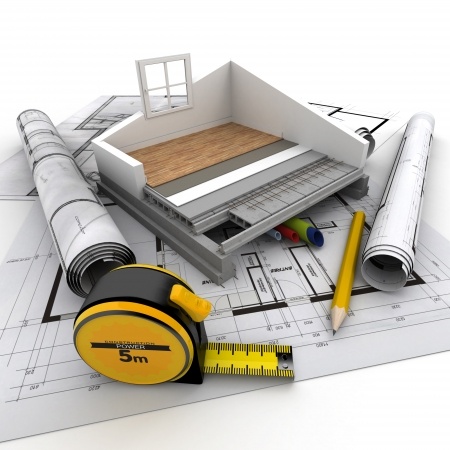Common errors of new rental property owners Posted on October 9, 2018

Although property has the reputation of being less volatile than say the sharemarket, this isn’t necessarily always the case. Valuations for property can rise or fall depending on many influences, and interest rates are ever changing, which makes maximising allowable tax deductions a priority for every rental property owner.
However, it is not uncommon for first-time rental property owners to make some mistakes when claiming rental deductions on their first tax return as a new landlord. These mistakes could end up being costly with the Tax Office increasing its focus on rental property deductions for the 2013-14 tax year.
What are these mistakes?
The Tax Office has identified some of the common errors that have been made by rental property owners in past income years. These include:
-
claiming rental deductions for properties not genuinely available for rent
-
incorrectly claiming deductions for properties only available for rent part of the year (such as a holiday home)
-
incorrectly claiming structural improvement costs as repairs when they are capital works deductions, such as re-modelling a bathroom or building a pergola, and
-
overstating deduction claims for the interest on loans taken out to purchase, renovate or maintain a rental property.
Which deductions are allowable?
There are two categories of rental property expenses you can claim:
-
expenses deductible in the year you paid them – like council rates, repairs, insurance and loan interest, and
-
expenses that are deductible over a number of years – like borrowing costs, claims for structural improvements, and the costs of depreciating assets (for example, a stove).
While a “non-capital” outlay to repair damage, defects or deterioration can be claimed as an immediate deduction, other costs associated with a substantial structure, such as a fence, are considered to be capital expenditure and need to be deducted over a number of years.
The amount of time the deduction for such capital expenditure is spread across depends on the type of expense incurred. For example, borrowing expenses in respect of a loan is spread over the lesser of five years or the life of the loan, assets that depreciate in value do so over their “effective life”, and certain construction work deductions may even have to be spread across 40 years.
Sundry costs
Below are further sundry costs that would typically be deductible:
-
cost of calls or letters to tenants, real estate agents and tradesmen
-
fees and commissions paid to real estate agents to let properties and collect rent
-
secretary, bookkeeping and safekeeping fees associated with the collection of rent, payment of expenses and title documents respectively
-
rent paid if subletting
-
cost of preparing, registering or stamping a lease of a property
-
legal expenses to eject a tenant for non-payment of rent
-
advertising for tenants
-
mortgage discharge fees
-
council rates and land tax
-
insurance premiums paid for building, contents or public liability
-
bank charges on the rental account
-
pest control
-
cutting new keys
-
cleaning expenses (such as rubbish removal)
-
gardening expenses (such as tree trimming)
-
advice about taxation matters relevant to the property
-
services of tradesmen (when not associated with a “capital expense”)
-
servicing costs
-
security system monitoring, maintenance and patrol fees, and
-
losses and outgoings when letting a residence while on transfer of employment.
TIP! Remember to keep accurate records so we can ensure you only pay the right amount of tax.
What you cannot claim
Common expenses that are not deductible include:
-
acquisition and disposal costs – such as purchase cost of the property, advertising expenses, stamp duty on the transfer of the property and legal costs (although they may be included in the calculation of a capital gain or loss on disposal)
-
expenses that your tenants pay such as electricity or water charges, and
-
expenses not related to the rental of a property such as during personal use of a holiday home that is rented out for part of the year.
The above is not an exhaustive list of all claimable and non-claimable rental property expenses.





